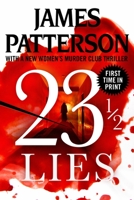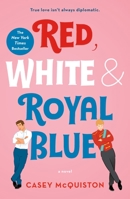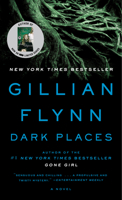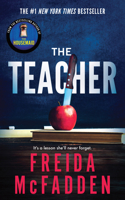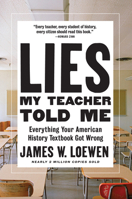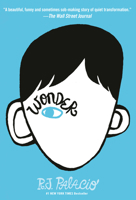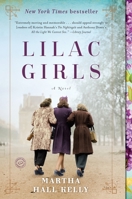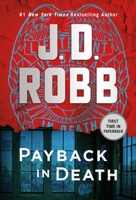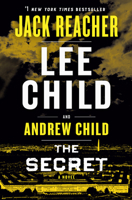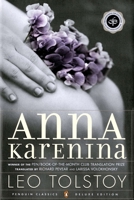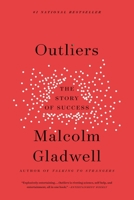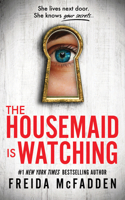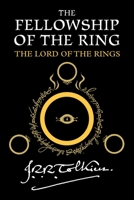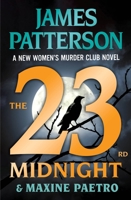Bullet Journal: Dot Grid Notebook (100 Pages - 8.5" x 11") Space-Themed Arty Paint Splash Cover II
Select Format
Select Condition 
You Might Also Enjoy
Book Overview
This on-trend dot grid journal with an exclusively designed colourful matte cover extracted from a canvas painting by Amori, and made from high quality paper is the perfect gift for a teen or adult, friend or co-worker. Ideal for use as a personal diary or year planner, gratitude journal, school or office scheduling, or for taking notes, drawing symmetrical diagrams, making lists, writing down goals and tracking your progress towards their achievement Look no further if you need a gift for any occasion for someone you know who is organised, or conversely, someone who could use some structure in their life
Format:Paperback
Language:English
ISBN:0140437029
ISBN13:9780140437027
Release Date:August 1999
Publisher:Penguin Classics
Length:384 Pages
Weight:0.62 lbs.
Dimensions:0.7" x 5.0" x 7.7"
Age Range:18 years and up
Grade Range:Postsecondary and higher
Customer Reviews
2 customer ratings | 2 reviews
There are currently no reviews. Be the first to review this work.














